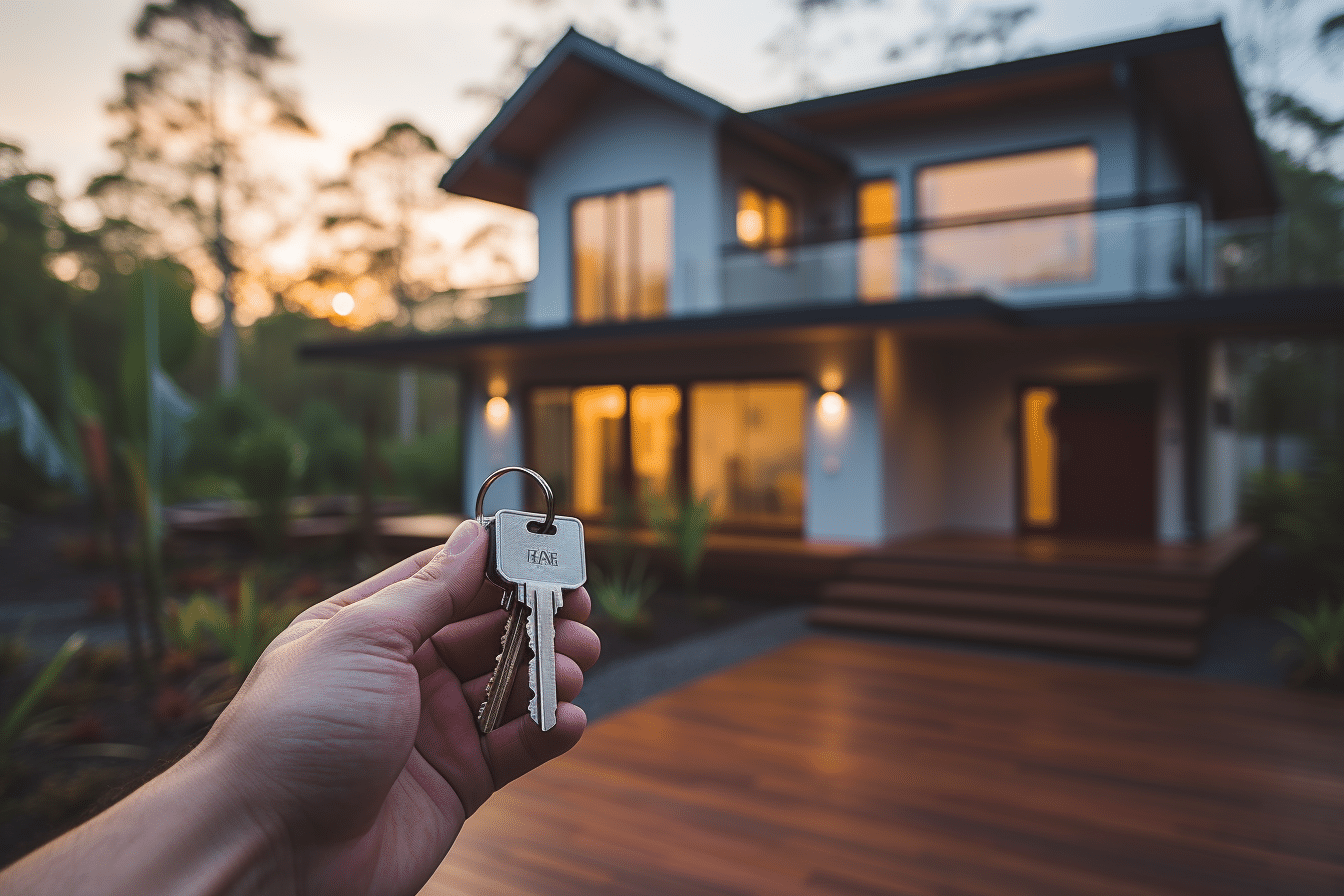Purchasing your first home is a monumental milestone, but the journey to homeownership comes with more than just mortgage payments. Beyond the excitement of settling into your dream home, first-time buyers should brace themselves for a range of additional expenses.
Here are the lesser-known costs that might catch you off guard if you’re not prepared.
1. Closing Costs: Preparing for the Financial Threshold
Closing costs, often overshadowed by the down payment, demand attention. Ranging from 2% to 5% of the home’s purchase price, these costs can accumulate substantially. For instance, if your sights are set on a $243,000 starter home, your closing costs could amount to a whopping $12,150.
While it’s possible to roll these costs into your loan, it might escalate the loan’s overall expense. Smart strategy suggests saving a bit longer in a high-yield savings account to cover these costs out-of-pocket.
2. Property Taxes: A Consistent Financial Commitment
Property taxes, often a recurring financial burden, can take homeowners by surprise. With a median of approximately $2,971 annually and a national effective property tax rate of 1.11%, these dues are a consistent financial commitment.
Many mortgage lenders require a portion of property taxes to be included in monthly mortgage bills, stashed in an escrow account. Thus, factoring monthly property tax payments into your budget is essential when estimating your home’s affordability.
3. Insurance: Shielding Your Investment
Homeowners insurance, another unforeseen expense, averages around $2,305 per year. This coverage, mandatory prior to closing, often becomes part of your monthly mortgage payments, channeling into an escrow account.
Including insurance costs in your overall home affordability calculations is essential to gauge your financial readiness for homeownership.
4. Home Maintenance and Repairs: Prudent Planning for the Unforeseen
Budgeting around 1% of your home’s value for annual maintenance is a prudent move. For a typical starter home, this translates to roughly $2,430.
While yearly spending may vary, creating a dedicated savings fund safeguards against unexpected hefty expenses like a new roof or appliances. By consistently setting aside funds, you’re positioned to handle unforeseen repairs without incurring debt.
5. Moving Expenses: The Initial Transition
Relocating to your new abode entails further expenditure. Hiring movers can cost thousands, while self-moves require budgeting for moving trucks and supplies.
Considering these costs in your financial planning is pivotal. Whether you opt for professionals or tackle the move independently, be prepared for the accompanying expenses.
Financial Preparedness is Key
The journey of first-time home buying transcends the excitement of finding the perfect property.
Ensuring your financial readiness encompasses acknowledging and preparing for these often-overlooked costs. By factoring closing costs, property taxes, insurance, maintenance, and moving expenses into your budget, you can confidently step into homeownership without straining your finances.
Remember, the key to a successful home buying experience lies in thorough preparation.




